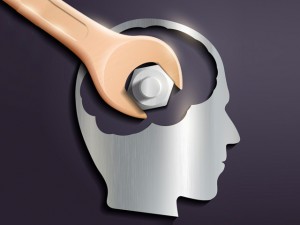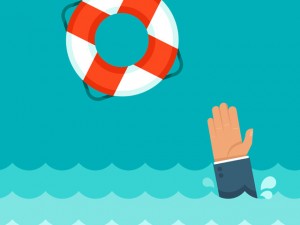What is stress?
Stress is the body’s way of rising to a challenge and preparing to meet a tough situation. Our bodies respond to events that provoke stress (stressors) by producing hormones like adrenaline which raise our heart rate, breathing rate, blood pressure and metabolism. These changes improve our focus, strength, stamina and alertness. The stress response evolved to protect us from dangerous situations, but it also helps to prepare us in everyday life. Without some stress, you wouldn’t be able to react quickly and effectively to perform well under pressure. However, stress becomes a problem when you become over-stressed and it starts to affect how you cope with everyday events.
What are the effects of too much stress?
Abnormal stress can have many troublesome physical and emotional effects on us, but they vary from person to person. Common problems associated with stress include:
- Tiredness
- Fatigue
- Anxiety
- Sleep disturbance
- Poor concentration
- Restlessness
- Irritability
- Low self-esteem / low confidence
- Avoiding other people
There are many illnesses that may be stress-related, such as:
- Depression
- Drug abuse (including problem drinking)
- Irritable digestive system
- Peptic (stomach) ulcers
- Headache
- Mouth ulcers
- Impotence
- Irritable bladder
- Dermatitis (skin inflammation)
- Heart disease
- Breast pain
- Cancer
What causes too much stress?
Stress affects everybody in a different way. What causes one person to become over-stressed may not have the same effect on someone else. Research shows that death of a spouse and divorce top the list of the most stressful things that happen in our lives. Other stressful events include: imprisonment, personal injury or illness, marriage, retirement, sex difficulties, pregnancy, guilt over a wrongdoing and similar traumas.
Problems occur when there is an imbalance between stress and the coping skills that are available to deal with it.
Work-life balance
Stress and fatigue from working too much or too hard at your job(s), school, or home builds up over a long time and can take a hard toll on your body. It can also be caused by not knowing how to manage your time well or how to take time out for rest and relaxation. This can be one of the hardest kinds of stress to avoid, because many people feel this is out of their control. Research suggests that people with the best work-life balance:
- Spend less than 40 hours at work per week (including study)
- Are satisfied with their job or role
- Have a supportive work environment
- Have a secure income
- Have positive feelings going to work each day
Coping with stress:
It may not be possible to remove the stress from your life, however managing your stress may help you to get things done. Here are some strategies that have been shown to help manage stress:
- Exercise
- Spend quality time with family and friends
- Participate in social activities outside of work
- Make time just for yourself, doing what you enjoy
- Speak to someone about your stress – family, friends, teacher, doctor, counsellor etc
- Relaxation techniques – eg yoga, meditation, deep breathing exercises
- Set realistic goals
- Have multiple options to achieve your goals
- Work on effective time management skills
- Avoid smoking, alcohol, and caffeine
- Control your thoughts – your outlook, attitude, and thoughts influence the way you see things
- Look for solutions – don’t try to avoid it!
- Eat a healthy diet
- Give and receive affection
References
John Murtagh, Patient Education, Fourth Edition, McGraw-Hill Australia

The Waiting Room looks at of some of the common medical conditions which advisers may come across when dealing with clients.
Unified Healthcare Group serves Australia’s financial services industry by providing a one-stop solution for all medical requirements associated with life insurance claims and underwriting.
Contact or follow the author: Telephone: 1300 558 583 | Website | Email | LinkedIn

















